Historical asters flower in late summer and throughout autumn, and they’re already popping up, says gardening writer CEDRIC BRYANT.
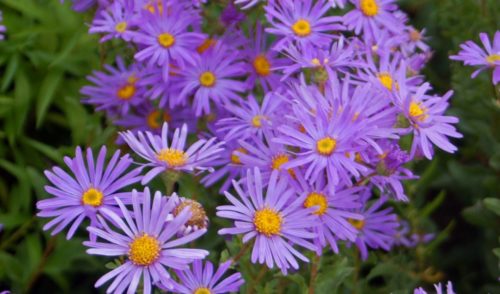
THE first flowers of asters or Michaelmas daisies are appearing in our garden.
Many would not know the significance of Michaelmas, yet it’s a significant day historically. Every year, September 29 is celebrated in the Christian church as the feast of St Michael and All Angels. In Northern Europe and the UK, it’s traditionally the beginning of autumn and cooling days – translate that here to March, which can still be pretty hot. Growing wild across North America, asters were introduced into the UK as a garden plant in the 17th century and immediately became popular.
In 1856, William Perkin, a trainee chemist, was experimenting to produce a synthetic form of quinine using asters. This would have made him famous for discovering a cure for malaria, but unfortunately his experiments were a failure. However, when washing the container of black sludge, a beautiful violet colour ran down the sink. Perkin had inadvertently invented the world’s first artificial dye, mauveine. He patented it and went into commercial production, and in the fashion industry he was the toast of Europe. He was knighted for his efforts in 1906. This is an extract from a story in “Country Life” magazine. Follow the full story of Michaelmas here.
In 1906, the year of Perkin’s knighthood, Ernest Ballard saw the potential of asters as a garden plant and started a nursery specialising in them in the west country of the UK. He was obviously on to a winner, with the nursery still operating to this day. It was promoted by that inimitable plantswoman Gertrude Jekyll, who guaranteed its success. Follow the full story of asters by borrowing the November 6, 2019 “Country Life” magazine from the library.
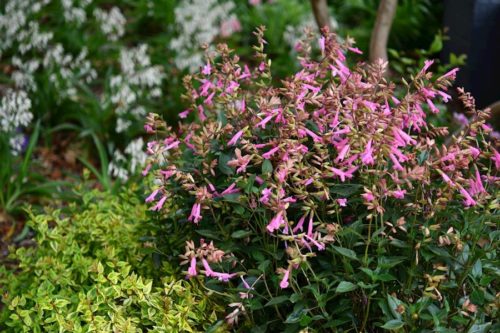
PLANT Growers Australia (PGA) have launched their new Salvia “Kisses and Wishes”. A strange name for a plant but behind the name is the support of an important organisation, Make-A-Wish. In 1980 in the USA, seven-year-old Christopher was being treated for leukaemia. His wish was to be a police officer. A US Customs officer befriended young Christopher and worked with officers at the Arizona Department of Public Safety to plan an experience to lift his spirits.They organised for him to spend a day as a police officer. He rode in a police helicopter, received a custom-made police uniform and was sworn in as the first honorary Public Safety Officer patrolman in state history.
Unfortunately, only a few weeks later young Christopher died. His legacy lives on with Make-A-Wish. Plant Management Australia (PMA) and PGA have been raising awareness and providing funds with a proportion of sales of their salvia “Wishes” series, to help bring hope, strength and joy to children fighting critical illness. The new salvia will complement the existing “Wendy’s Wish”, “Ember’s Wish” and “Love and Wishes”. The coming autumn is the ideal time to plant a group of these. PMA and PGA have received over $70,000 in royalties from sales of these plants, plus $10,000 in other donations.
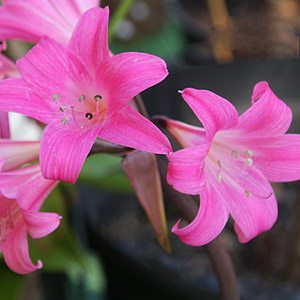
THE ground is rock-hard except where the drippers operate. The water table is way down. And yet – a mound about the size of a marble appears. Slowly, the mound gets bigger and a tiny shoot about the thickness of my pinkie breaks the surface and grows in ever increasing height. Literally in a few days it has grown to nearly half a metre, with a tiny bubble at the top. The toughest of the tough, it suddenly bursts into its rich pink flowers, an amaryllis. This family used to include numerous bulbs, but today the only true amaryllis is the Belladonna lily. The huge size of the bulb means it can survive in the toughest of drought conditions.
Who can be trusted?
In a world of spin and confusion, there’s never been a more important time to support independent journalism in Canberra.
If you trust our work online and want to enforce the power of independent voices, I invite you to make a small contribution.
Every dollar of support is invested back into our journalism to help keep citynews.com.au strong and free.
Thank you,
Ian Meikle, editor
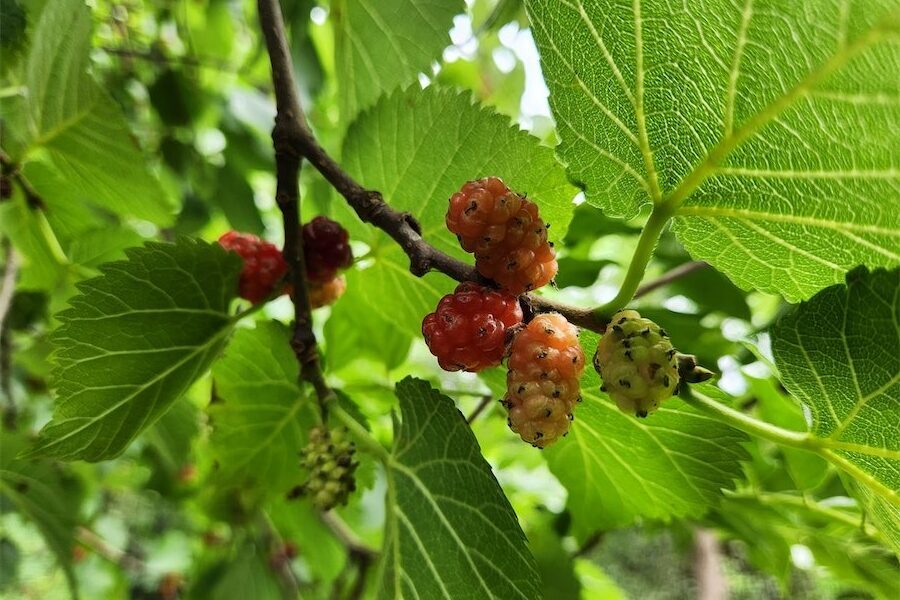
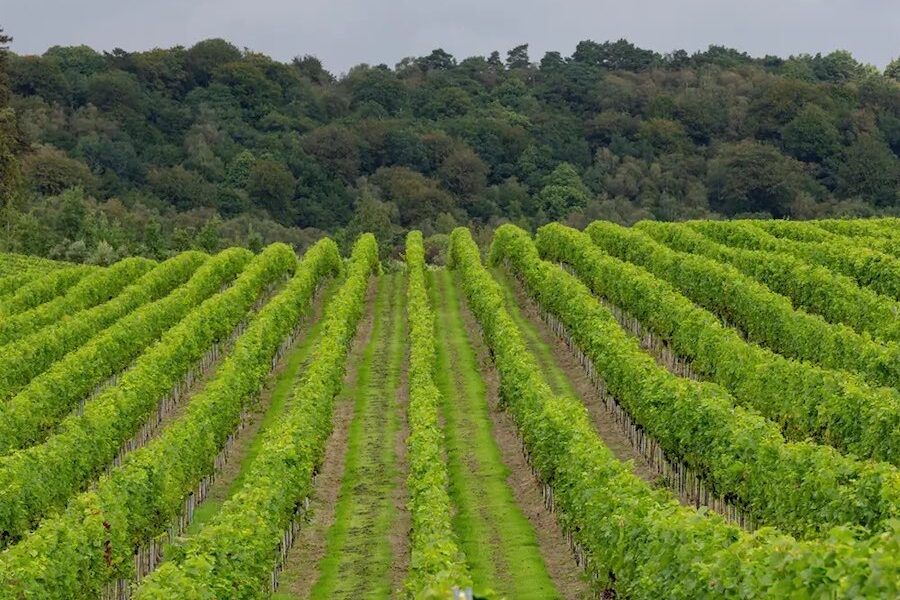


Leave a Reply